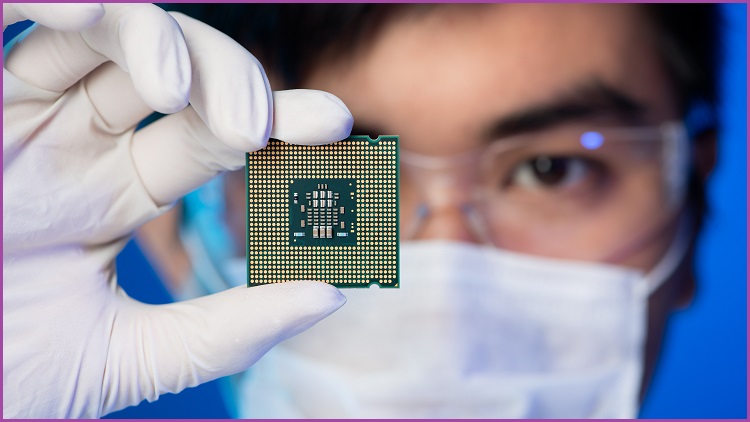Production of computer hardware will continue to slow as industry warns the global chip shortage could carry on for several years, causing flow-on effects for gaming hardware, phones, laptops and cars.
Speaking at the virtual Computex trade show in Taiwan this week, Intel CEO Pat Gelsinger said the pandemic caused a “cycle of explosive growth in semiconductors” that manufacturers have struggled to keep up with.
“While the industry has taken steps to address near-term constraints, it could still take a couple of years for the ecosystem to address shortages of foundry capacity, substrates and components,” Gelsinger said, according to Reuters.
For Intel, the shortage suggested a business opportunity.
In March it said it would put US$20 billion toward two new semiconductor fabrication sites in the US while spinning off a new company, Intel Foundry Services, that will produce computer chips for third-parties.
The US government has also pledged to invest US$50 billion to boost the local chip manufacturing industry.
US President Joe Biden was reportedly in talks with the Taiwanese Semiconductor Manufacturing Company (TSMC) to prioritise getting chips for US car makers who have turned to rolling out cars without the computer-heavy features consumers might expect from a modern vehicle.
But heavy government and industry investment is unlikely to fix the short-term supply issues which Acer COO Tiffany Huang said was making it near-impossible to fill orders.
“It will continue to be slow until the first quarter or second quarter of next year,” Huang told The Guardian, echoing the sentiment of semiconductor analyst Harlan Sur who said in February it will take at least 18 months for inventories to start filling up again.
“We have a severe shortage, and it’s not simply just to make sure every family has a device to use, every person has to have a device for working or education,” Huang said.
“On any day I can only fill 50% of the worldwide demand.”
To make matters worse, computer manufacturers are also facing increased malicious activity in cyberspace.
Acer itself was hit by the REvil ransomware gang in March which demanded the Taiwanese company pay more than 200,000 Monero.
A month later, the same group hit another Taiwanese company, Quanta, which builds products for Apple.
REvil published proprietary Apple schematics of upcoming products and threatened to publish more unless its ransom demands – reportedly around US$50 million in cryptocurrency – were met.










